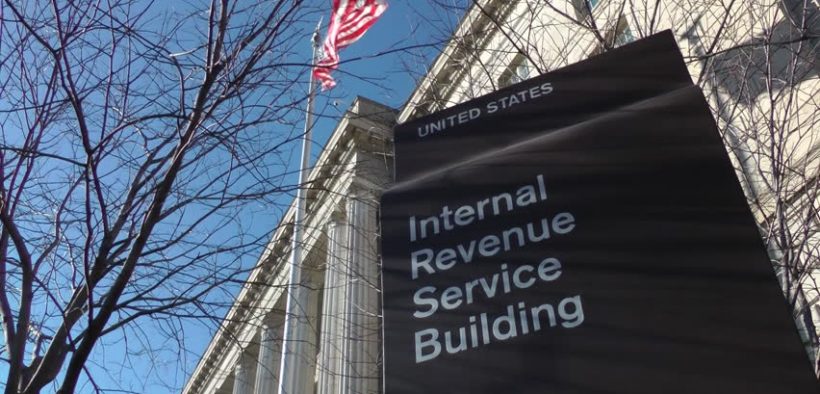IRS Amends Donor Disclosure Rules

Politically active tax-exempt organizations no longer have to file information about their top donors to the Internal Revenue Service (IRS) under a rule change finalized last week by the Department of Treasury and IRS.
The final regulations apply to 501(c)(4) social welfare organizations, which no longer have to disclose the names of major donors on Schedule B of IRS Form 990. Organizations still must disclose the amounts of donations of $5,000 or more and maintain records of the donors’ names and addresses for potential audit purposes. Tax-exempt 501(c)(3) organizations still must disclose donor information on Schedule B.
“Without a tax administration need for annually reporting name and address information, the Treasury Department and IRS determined that it is valuable to save tax-exempt organizations the administrative burdens of reporting and redacting it,” according to the order from Treasury and the IRS. “While some comments have suggested that some states may choose to impose their own reporting requirements, thereby increasing compliance burden on tax-exempt organizations, the Treasury Department and the IRS expect that each state can determine the appropriateness of the burdens it may impose in light of its own tax administration needs.”
The potential burden on the IRS for redacting Schedule B information is lessened when fewer organizations are required to report names and addresses on Schedule B. “This reduction in burden, when combined with the lack of tax administration…supports specifying that the need to provide the names and addresses of substantial contributors will generally apply only to organizations described in section 501(c)(3).”
The National Council of Nonprofits was among a number of organizations that submitted comments to the IRS in December opposing the rule change.
“The proposed regulations are misguided because they invite bad actors to infiltrate and exploit the nonprofit community to perpetrate excess benefit transactions, engage in unlawful partisan activities, and open the way for disguised foreign interference in American elections and public discourse,” David Thompson, vice president of public policy, wrote in comments filed Dec. 9.
“We are concerned about the integrity and value of the nonprofit community and believe that the proposed regulations would undermine the public trust in nonprofits. We endorse the public comments submitted by the National Association of State Charity Officials in calling on the IRS to uphold responsible tax-law enforcement by withdrawing the proposed regulations,” he wrote.
“We further insist that the IRS overcome the damaging misinformation campaign accompanying the proposal by informing the public that their privacy is secure that law enforcement officials are committed to their protections and the public good.”
This article originally appeared in The Non-Profit Times. It is used with permission. To subscribe to the free newsletter of The Non-Profit Times, click here.



